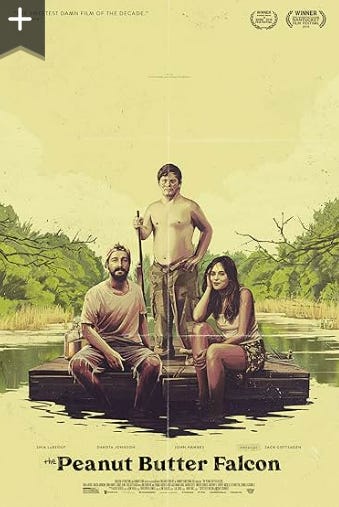
Joseph M. Cherry
:'You are a light, a lamp in the night to help people find their way, but you cannot be their way.'
Both my parents came from christian backgrounds but grew away from the religion. My father, because of the theatric nature of congregations he was a part of and my mother because of the judgement she felt amoung her Christian peers. In my childhood I was taught to despise religious institutions because of the power structures that exist therein. As I am transitioning to adulthood I've began to seek spiritual connection and an understanding of divinity. In my journey towards spiritual connection I've graduated towards American Transcendentalism because many notions of the ideaology align with epiphanies I've had during psychedelic experiences. In researching transcendentalism I was introduced to Unitarian Universalism and found a local fellowship in my city. Based on my background and religious beliefs I was wondering if UU might be right for me and furthermore, if anyone from a similar background has benefitted in their spiritual journey by joining a UU settlement. Any advice at all is welcome, thank you all!
One of the challenges of older years is watching people die. James W. Harris has written on his blog, "Would you rather be remembered or do the remembering?"
Husbands and wives probably have the most intimate discussion of these considerations.
Part of my spiritual practice is to do a daily reading and today's topic is on the spiritual dimensions of grief. There were a few quotes offered for consideration and the one that struck me as most interesting and applicable to my life is "Though painful and unwanted, grief has unexpected creative and transformative power. It is not just an emotional response to loss but a deep unsettling of the soul. In grief you realize that you can't go on as before, and some of the pain comes from losing familiar sources of meaning. You have to reinvent life, imagine it differently. At the same time grief ties you to the past. Because of grief your life remains whole, even when events seem to tear it apart. Grief won't let you forget what life has been like. ..."
Being remembered means we are gone and don't have to do any work any longer on understanding ourselves and life, but having to do the remembering puts us in the position of having to make some sort of sense of the loss and the meaning for our current life. Making this meaning can have tremendous power in facilitating growth and pushing us to higher levels of awareness of the interdependent web of this thing we call life.
This process of interpretation and meaning making takes a tremendous amount of energy and leaves us innervated for mundane things. Observations when incongruous and absurd aren't funny any more but rather more annoying and not worth a laugh. We become more serious about prioritizing what really matters and attending to that. In the end, most people say that what matters the most to them is family and beloved friends and when they are lost to us, that just leaves us with Love in a rarefied form no longer attached to egos but unconditional from the Transcendent Source that sustains all things.
Doing the little things with great love is what sustains us as we move forward through our grief creating a new life without the physical presence of those we’ve lost. While the physical body is gone, the spirit of the person lives on in the stories we tell about our experience of them. The challenge is to incorporate these stories into the new life we are creating as we move into the future, unknown in its differences without the one we have become accustomed and attached to.
Now that I am home again after 5 months in orthopedic rehab and having a brief hospitalization for gallbladder surgery, I am back to watching movies again. When asked about my hobbies, I have sometimes answered that I am a bit of a film buff.
Watching movies and reading good books serves me well in learning more about human nature, life, and the world we are living in. This understanding and appreciation not only serves me well personally, but helps me be more empathic, understanding and compassionate in my work as a Social Worker. I am reminded of this benefit of watching movies when two days ago I stumbled across “The Peanut Butter Falcon” on the Video Prime streaming service.
The Peanut Butter Falcon is a movie about Zak, a man with Down Syndrome living in a nursing home, who escapes and meets up with a small-time thief on the lame, Tyler. An unlikely pair, they become buddies and Tyler helps Zak realize his dream of becoming a Professional Wrestler by training at the wrestling school run by the Salt Water Redneck.
This movie is funny as well as poignant as the friendship develops and the adventure proceeds.
Can people with developmental disabilities have high quality lives? Absolutely yes as demonstrated by the activities depicted in the movie. Is our society better because of the inclusion of people who are neurodiverse? Yes, again. The proof? Watch the movie and decide.


